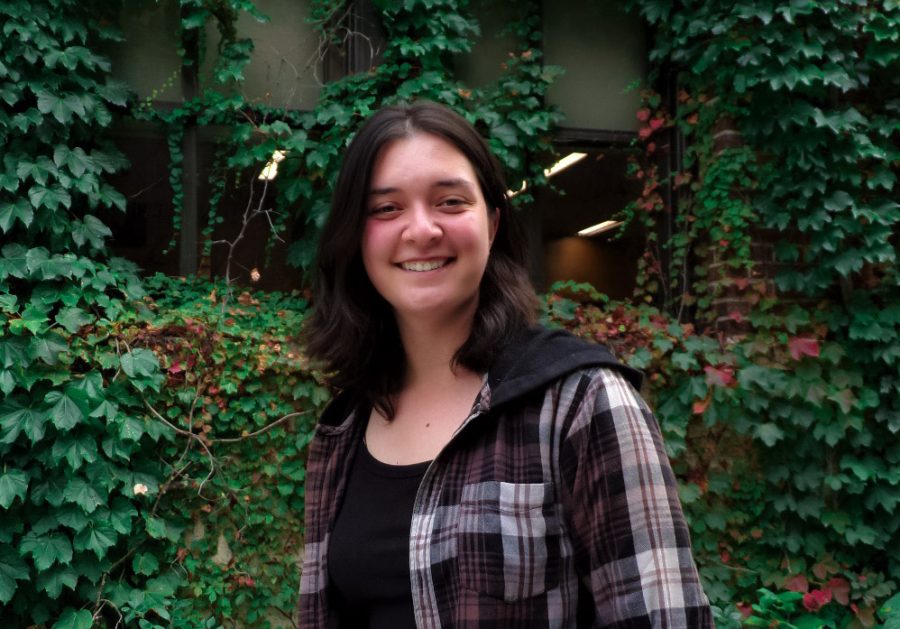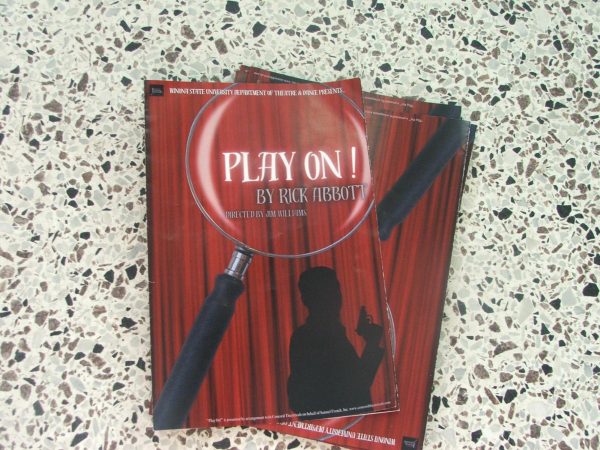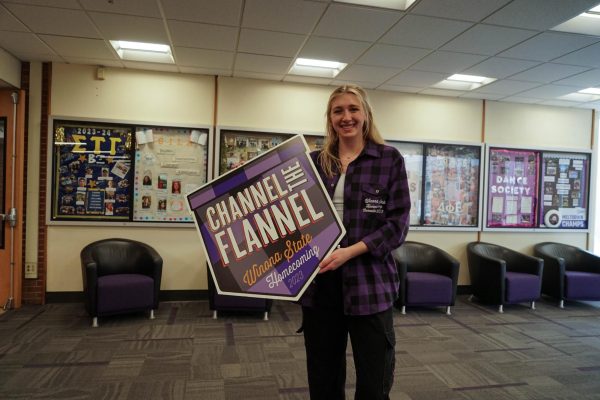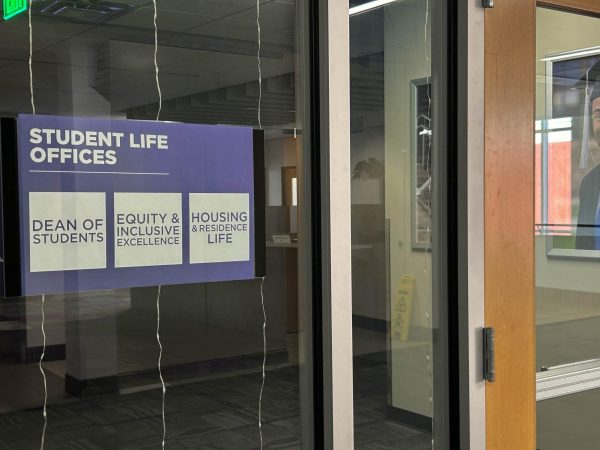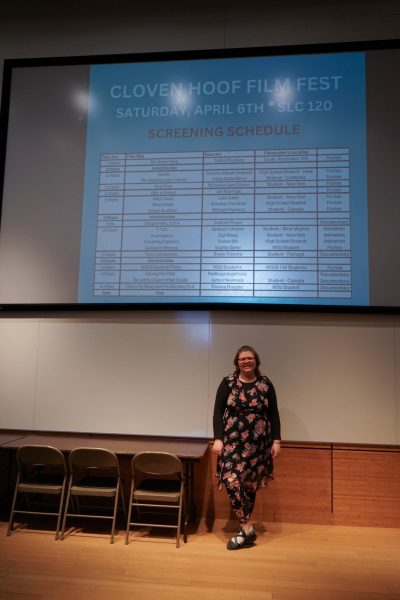Winona State student opens up about cult upbringing
Liz Perry, a third-year mass communications: public relations student at Winona State University. Perry describes what her life was like while growing up in a cult.
September 21, 2022
Liz Perry, a third-year mass communications: public relations student at Winona State University, has a unique feature about herself that most people do not know about. Perry grew up in a cult.
Google defines a cult with two definitions, one definition is “a system of religious veneration and devotion directed toward a particular figure or object.” Perry, on the other hand, relates more to the second definition. “A relatively small group of people having religious beliefs or practices regarded by others as strange or sinister.”
“There are thousands of cults in the U.S. You think it’s like the movies (like the Manson Family), but if you go to the rural south, you’ll see families such as ‘19 Kids and Counting’, and I think most people would agree that is a cult,” Perry said.
According to the CQ Press, “Three research studies indicate there are 3,000-5,000 groups in every area of the United States and throughout the world.”
Relating to the cult Perry grew up with, she explained why the cult she grew up in would be considered a “cult”.
“My family was the smallest out of the four or five families that I grew up with. My family had five kids, while it went up to fourteen kids in a family. So, it’s a lot of children with a small number of adults, which was a key factor in the power dynamic,” Perry said.
Perry explained that there was a shared religious belief within the families that was spun into a tool that only benefitted the adults.
“The first time that I talked to anyone unchaperoned or was not affiliated with the family was when I was seventeen,” Perry said.
Perry explained that everyone was monitored in the cult. Whether it was by a family member, or an adult, she was never allowed to be alone with another person.
“One of the fascinating things about my experience is that the religious beliefs stemmed from Roman Catholicism. Home churches are usually a tell-tale sign of cultism, but we were at a larger church. Integrated, but separate,” Perry said.
Perry said that as one of the youngest siblings, she saw the repercussions that occurred when a sibling misbehaved. Misbehaving meant things such as talking to people outside of the cult or having different beliefs.
“When I was twelve, I was told specifically by my mother to tail by brother while he was going outside for a run. I was then asked to report back on what he did,” Perry said.
Perry explained that she was not allowed to have any freedom or independence in her teenage years, such as her brother teaching her how to drive, as her parents refused to even teach her.
Perry was also not allowed to work in any establishment besides the store that her mother worked in, as she had to be monitored.
Before Perry escaped, her oldest sister and her brother left the cult.
“It was, don’t trust anything (her brother and sister) says, they’re just going to try to corrupt you. These comments created a catalyst that made it easier for me to leave,” Perry said.
The reason that Perry said that she left and came to Winona State was because she was never allowed to wear pants.
“We had to wear skirts the entire time. I was twenty years old when I first bought a shirt and pants that were my size. Everything was either two sizes too big or two sizes too small,” Perry said.
Perry explained that she had to be taught by her brother how to wear a ponytail because her mother refused to teach her.
Dylan Alzate, a third-year mass communications: creative digital media student talked about his experience with cults and how this affects his friendship with Perry.
Alzate explained how his mom grew up in Jehovah’s Witnesses, and so he has been exposed to cult like experiences before meeting Perry.
“I know that my experiences have helped me see what a cult is because the term is tossed around quite a bit,” Alzate explained.
Alzate explained that he doesn’t judge people for their past experiences with being in a cult, if they are chill and down to “hang out, grab lunch, study together, and do normal friend things without being rude in the process.”
Currently, Perry is involved in ROTC and thrives in mass communications as an officer in the Mass Communications Club. Perry has varied levels of relationship with all her family members, her siblings being the closest. None of her family members are currently directly involved with the cult anymore.























































